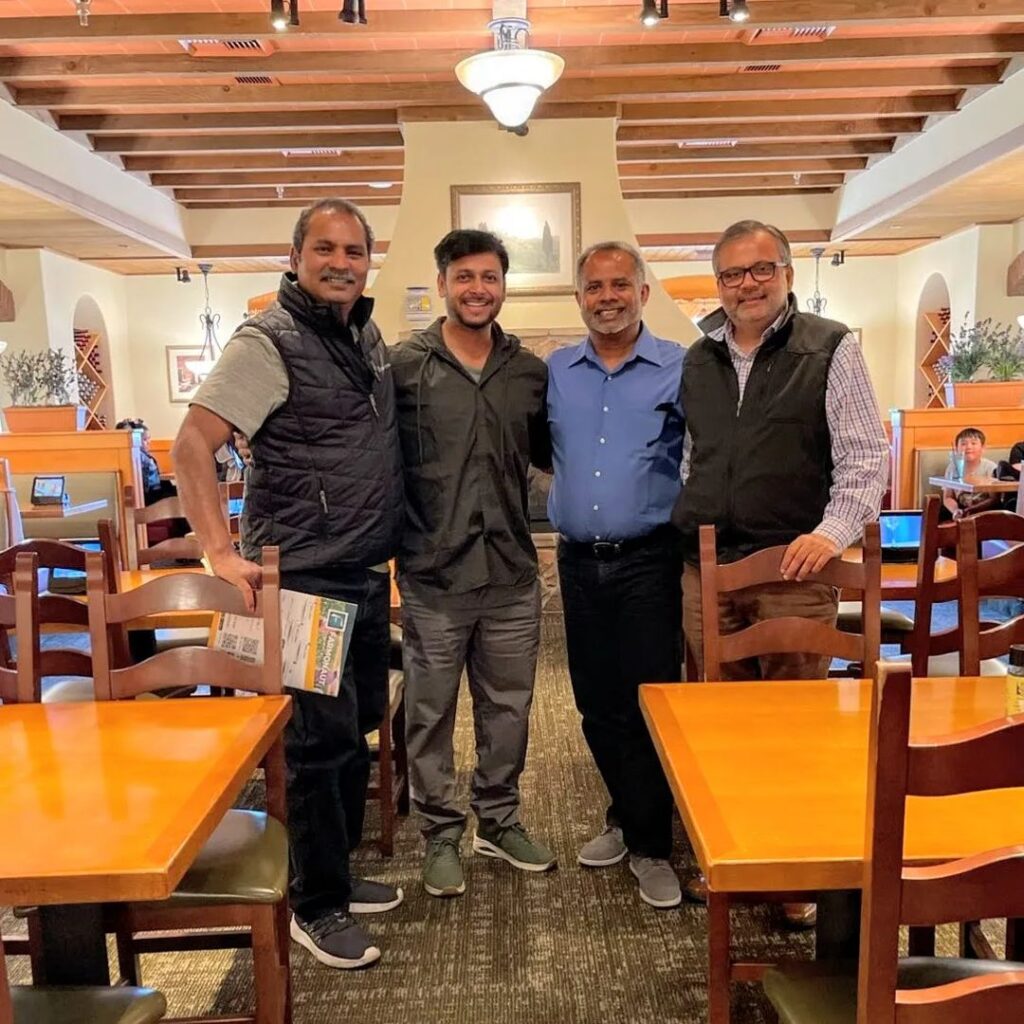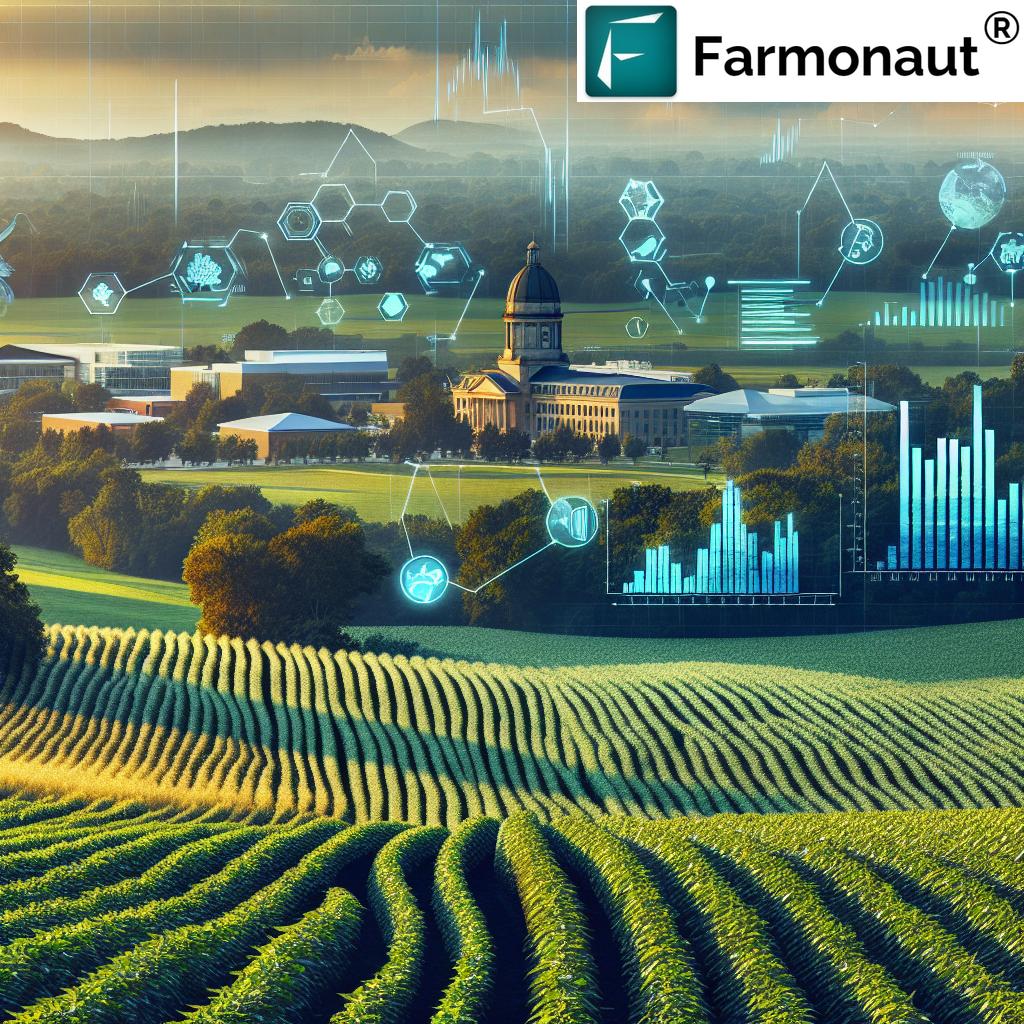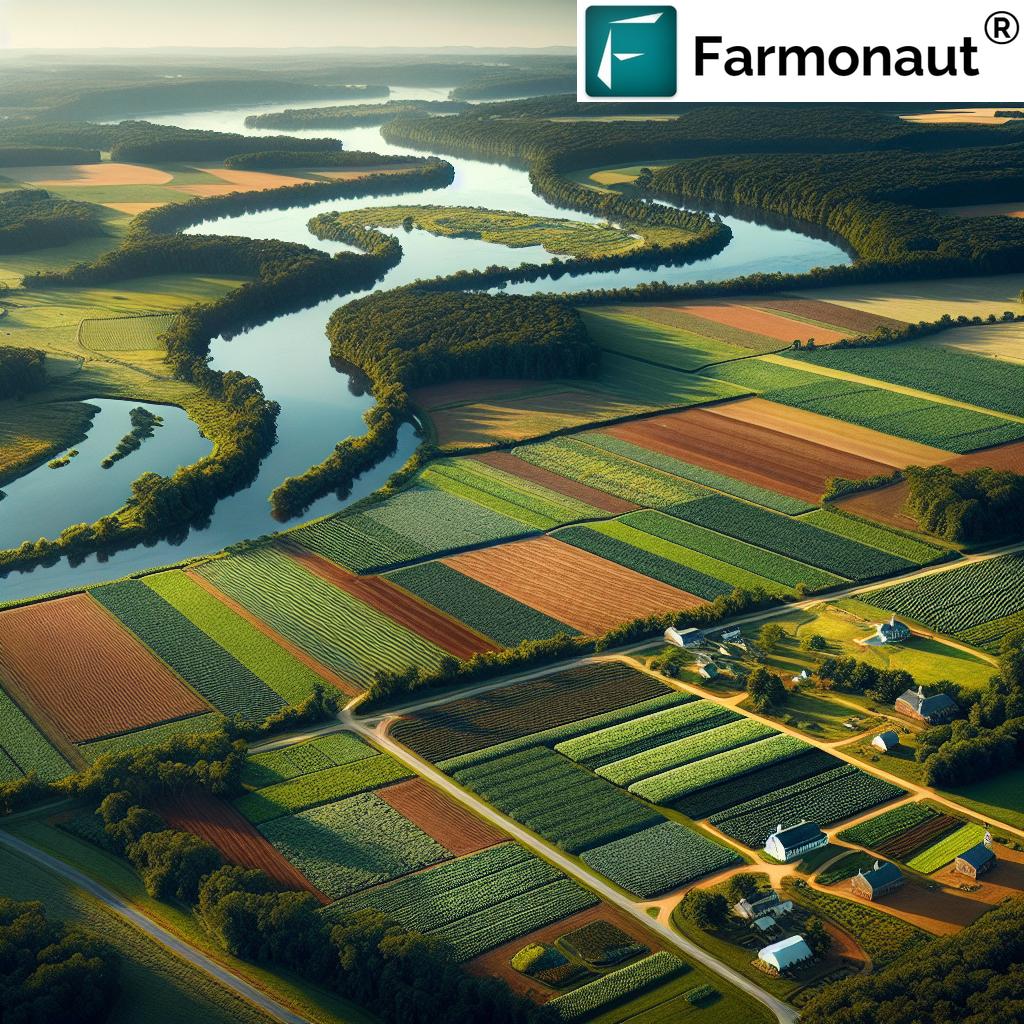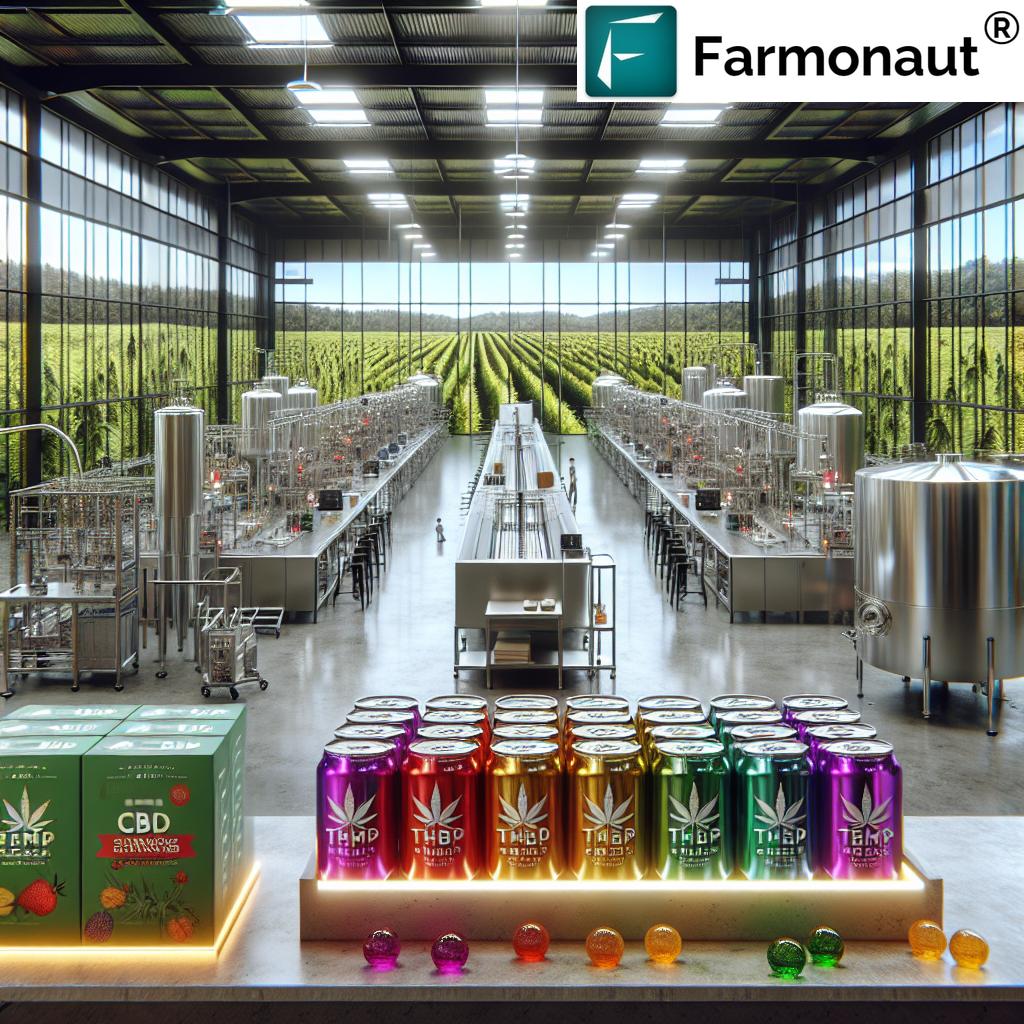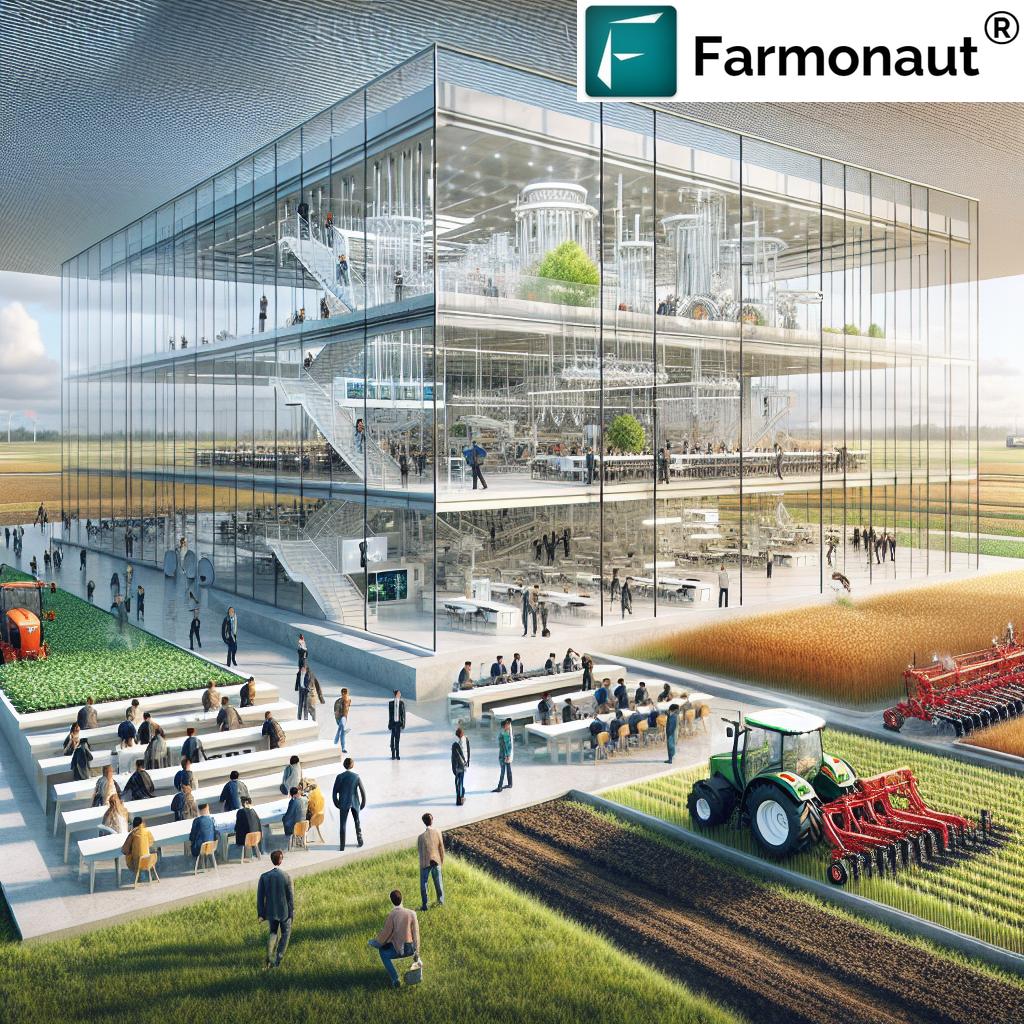Preserving Indiana’s Agricultural Heritage: Kosciusko County’s Battle Against Farmland Rezoning
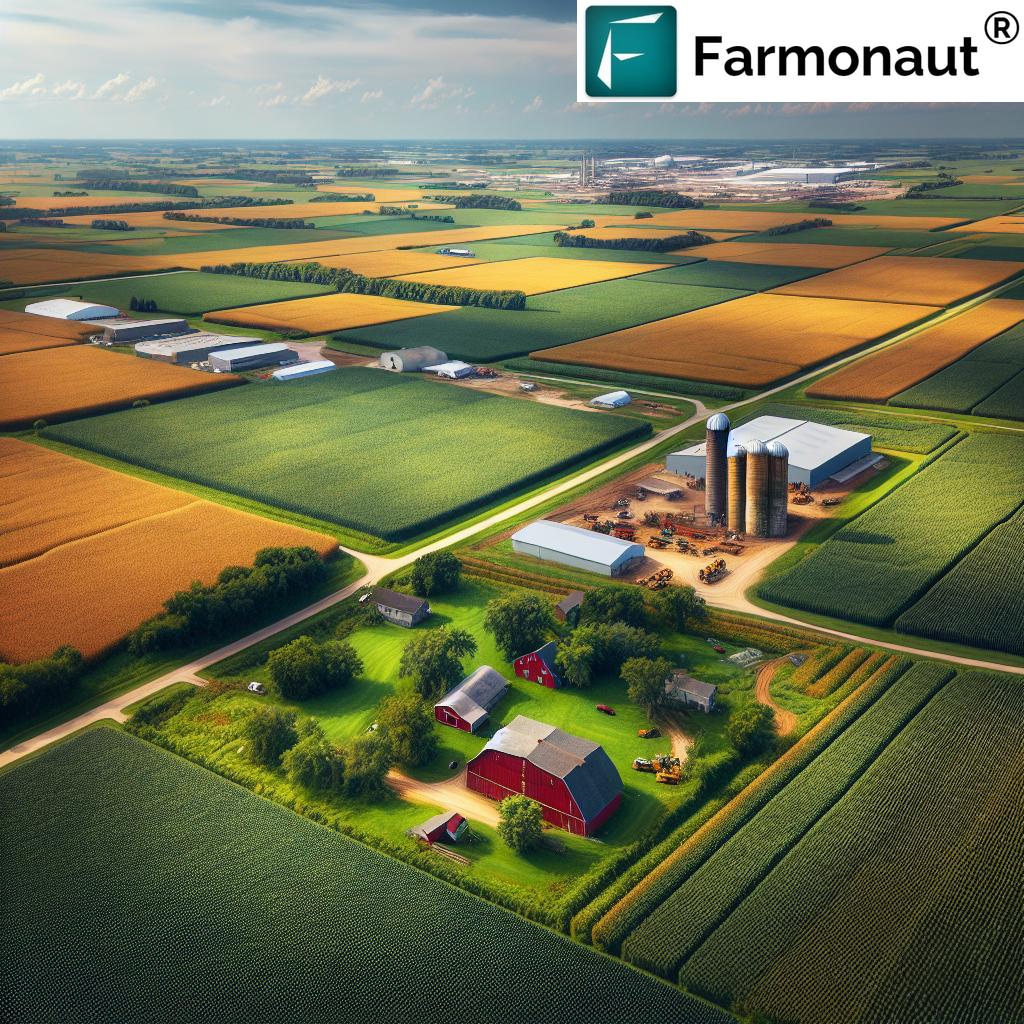
“Indiana has lost over 100,000 acres of farmland annually, highlighting the urgency of Kosciusko County’s preservation efforts.”
In the heart of Indiana, Kosciusko County stands at a critical crossroads. Our community, known for its rich agricultural heritage and pristine rural landscapes, faces an unprecedented challenge that threatens the very fabric of our identity. The battle to preserve our farmland has reached a fever pitch as zoning debates intensify, pitting the values of agricultural conservation against the allure of industrial development. As we grapple with this pivotal moment, we must ask ourselves: what kind of future do we envision for our county, and at what cost are we willing to pursue progress?
The Comprehensive Land Use Plan: A Promise Under Threat
Our recently completed comprehensive land use plan was more than just a document; it was a promise to protect what makes our community special. This plan, crafted with input from residents, farmers, and local leaders, emphasized the urgent need to preserve farmland in Kosciusko County. It acknowledged the crisis facing Indiana’s agricultural lands and called for decisive action to stem the tide of farmland loss.
However, this carefully considered roadmap for our county’s future now faces its first major test. Our planning leaders are weighing a proposal that flies in the face of the plan’s core principles – a proposal to rezone land near Leesburg and Clunette from agriculture to an industrial 3 classification. This rezoning would pave the way for a data center, effectively trading our fertile fields for server farms.
The Domino Effect: More Than Just One Rezoning
While supporters of the rezoning may argue that it’s just one project, we must consider the broader implications. Approving this change could trigger a domino effect, permanently altering the county’s agricultural character. Industrial 3 zoning opens the door not just to data centers, but to a host of other developments incompatible with our rural landscape:
- Sprawling solar voltaic fields
- Battery storage facilities
- Expanded transmission lines
None of these belong in the heart of our agricultural areas. Once farmland is converted to industrial use, it’s nearly impossible to reclaim. We’re not just losing acres; we’re losing a way of life that has defined Kosciusko County for generations.
The State of Indiana’s Farmland: A Sobering Reality
To understand the gravity of this decision, we must look at the bigger picture. Indiana has lost nearly 550,000 acres of farmland since 2010, a staggering decline that threatens our state’s agricultural heritage and food security. Kosciusko County, with its rich soil and rural character, is not immune to this trend. Every acre we lose to non-agricultural development is an acre that can no longer contribute to feeding our community and the world.
Trivia: “Kosciusko County’s comprehensive land use plan faces its first major test with a proposal to rezone 300+ acres for industrial development.”
Balancing Growth and Preservation: A False Dichotomy?
Proponents of rezoning often frame the debate as a choice between economic growth and agricultural preservation. However, this is a false dichotomy. We support progress and understand the need for economic development, including data centers. But these facilities need to be placed where existing zoning allows for their construction, not in areas designated for agriculture by our comprehensive plan.
There are alternatives. We can pursue smart growth strategies that concentrate industrial development in areas already zoned for such use, preserving our precious farmland while still attracting new businesses and jobs to Kosciusko County.
The Community’s Voice: A Clear Message
The response from our community has been overwhelming. Residents value the quiet beauty of our countryside and the livelihoods tied to farming. In just five days, our petition against the rezoning has garnered over 600 signatures – a clear indication that the people of Kosciusko County are united in their desire to protect our agricultural heritage.
This grassroots movement reflects a deep-seated commitment to our rural character and a recognition of the irreplaceable value of our farmland. It’s not just about nostalgia; it’s about safeguarding our food security, maintaining our quality of life, and preserving the landscapes that make our county unique.
The Role of Technology in Farmland Preservation
As we fight to protect our agricultural lands, it’s worth noting that technology can play a crucial role in making farming more efficient and sustainable. Innovative solutions like those offered by Farmonaut can help farmers maximize their productivity while minimizing environmental impact.

Farmonaut’s satellite-based crop health monitoring and AI-driven advisory systems allow farmers to make data-informed decisions about irrigation, fertilizer use, and pest management. By optimizing resource use, these technologies can help make small farms more viable and reduce the pressure to convert agricultural land to other uses.
The Impact on Food Security and Local Economy
The loss of farmland in Kosciusko County isn’t just a local issue; it has broader implications for food security and our local economy. Our farms are not just picturesque landscapes; they’re vital contributors to Indiana’s agricultural output and the nation’s food supply. Converting productive farmland to industrial use reduces our capacity to produce food locally, making us more dependent on distant sources and potentially more vulnerable to supply chain disruptions.
Moreover, our agricultural sector is a significant economic driver, providing jobs and supporting a network of local businesses. The multiplier effect of agricultural activity in our community is substantial. When we lose farms, we don’t just lose crops; we lose a web of economic relationships that sustain our rural communities.
Environmental Considerations: More Than Just Land Use
The environmental impact of rezoning agricultural land for industrial use extends beyond the immediate loss of farmland. Industrial developments like data centers and solar fields can have significant effects on local ecosystems, water resources, and even microclimate. Our farms, on the other hand, when managed sustainably, can provide important ecosystem services:
- Carbon sequestration in soil
- Habitat for wildlife
- Natural flood mitigation
- Groundwater recharge
By preserving our farmland, we’re not just protecting our agricultural heritage; we’re investing in the environmental resilience of our county.
The Legal and Policy Framework
It’s important to understand that our comprehensive land use plan isn’t just a suggestion; it’s a legally binding document that should guide zoning decisions. Indiana state law requires that zoning ordinances be consistent with comprehensive plans. By considering a rezoning that contradicts our recently adopted plan, our county officials risk undermining the integrity of our planning process and potentially opening the door to legal challenges.
Furthermore, Indiana has policies in place to encourage farmland preservation, including tax incentives for agricultural land use. By rezoning farmland for industrial use, we may be working against the spirit and letter of these state-level efforts to protect our agricultural resources.
Learning from Other Communities
Kosciusko County is not alone in facing pressure to rezone agricultural land for industrial use. We can learn valuable lessons from other communities that have grappled with similar challenges. Some counties have implemented strict zoning overlays to protect prime agricultural land, while others have created transfer of development rights programs to compensate farmers for preserving their land.
By studying these approaches, we can develop a nuanced strategy that balances the need for economic development with the imperative of farmland preservation. It’s not a zero-sum game; with creativity and commitment, we can find solutions that serve all stakeholders in our community.
The Role of Technology in Modern Agriculture
As we fight to preserve our farmland, it’s crucial to recognize the role that technology can play in making agriculture more efficient and sustainable. Innovative solutions like those offered by Farmonaut can help farmers maximize their productivity while minimizing environmental impact.


Farmonaut’s satellite-based crop health monitoring and AI-driven advisory systems allow farmers to make data-informed decisions about irrigation, fertilizer use, and pest management. By optimizing resource use, these technologies can help make small farms more viable and reduce the pressure to convert agricultural land to other uses.
For developers and businesses looking to integrate advanced agricultural data into their own systems, Farmonaut offers an API with comprehensive developer documentation. This can foster innovation in the agritech sector while supporting sustainable farming practices.
A Call to Action: Protecting Our Agricultural Future
As we stand at this critical juncture, the actions we take today will shape the future of Kosciusko County for generations to come. We call on our county leaders to honor the comprehensive plan they crafted and to protect our irreplaceable farmland. We urge them to stand firm – to say no to industrial 3 zoning in agricultural areas and yes to the future of our farms.
But this isn’t just a task for our elected officials. Each of us has a role to play in preserving our agricultural heritage:
- Attend county planning meetings and make your voice heard
- Support local farmers by buying locally produced food
- Educate others about the importance of farmland preservation
- Consider conservation easements if you own agricultural land
- Advocate for policies that support sustainable agriculture and smart growth
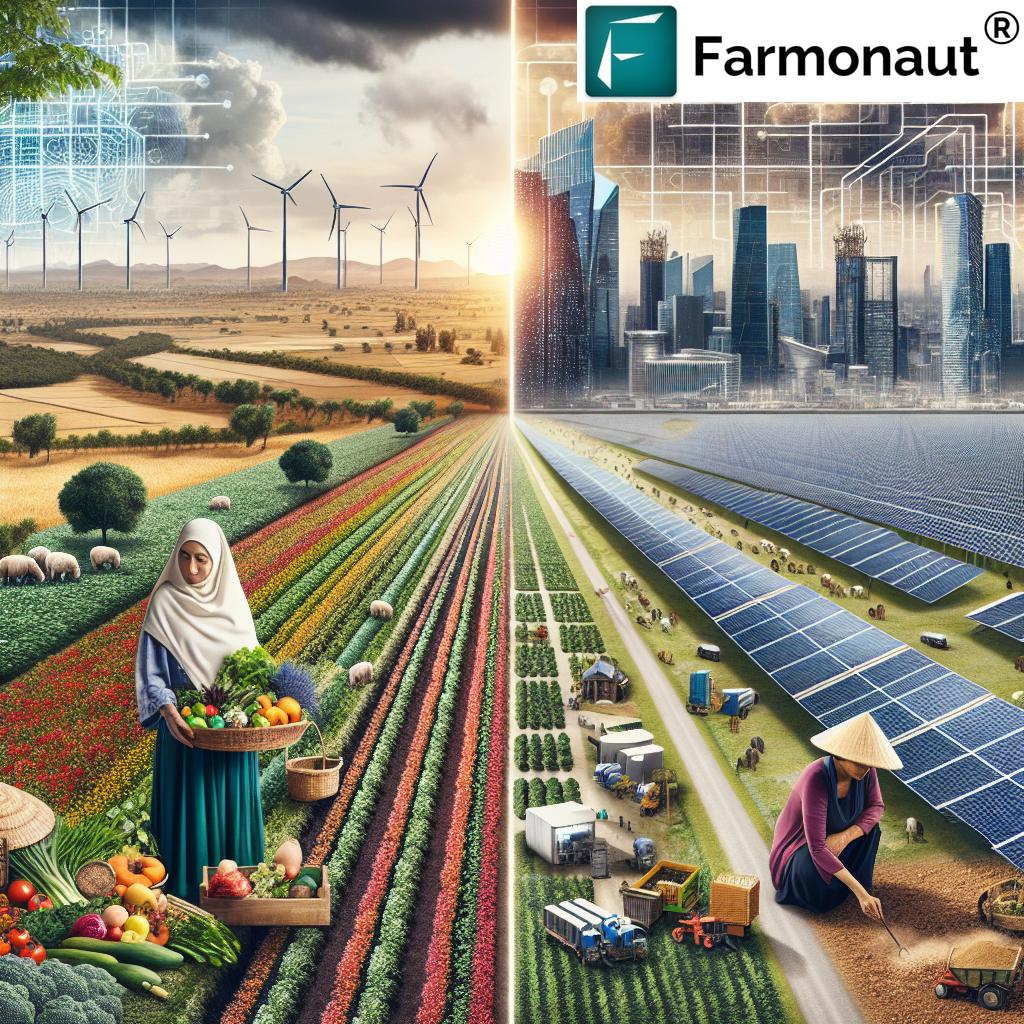
Conclusion: A Vision for Kosciusko County’s Future
The choice before us is clear. We can bow to pressure and let the first domino fall, setting in motion a transformation that will forever alter the character of our county. Or we can stand firm in our commitment to preserving our agricultural heritage, finding innovative ways to grow our economy without sacrificing our farmland.
We envision a future where Kosciusko County remains a thriving agricultural community, where farms and technology coexist harmoniously, and where our children can still experience the beauty of our rural landscapes. This vision is within our reach, but it requires courage, foresight, and a unwavering commitment to the values enshrined in our comprehensive plan.
Let us choose wisely, for the sake of our community, our environment, and the generations to come. The future of Kosciusko County’s agricultural heritage is in our hands. Together, we can ensure that our fields continue to grow crops, not server farms, for years to come.
Kosciusko County Land Use Comparison
| Land Use Category | Current Acreage | Projected Acreage After Rezoning | Percentage Change |
|---|---|---|---|
| Crop Fields | 250,000 | 249,500 | -0.2% |
| Pastures | 50,000 | 49,800 | -0.4% |
| Orchards | 5,000 | 4,950 | -1% |
| Industrial (Current) | 10,000 | 10,300 | +3% |
| Data Centers (Proposed) | 0 | 300 | N/A |
| Solar Facilities (Potential) | 50 | 200 | +300% |
| Total Agricultural Land | 305,000 | 304,250 | -0.25% |
Note: This table illustrates the potential impact of the proposed rezoning on Kosciusko County’s land use distribution. While the immediate loss of agricultural land may seem small, it represents a significant shift in land use policy that could set a precedent for future development.
Frequently Asked Questions
- Q: Why is preserving farmland so important for Kosciusko County?
A: Farmland preservation is crucial for maintaining our food security, protecting our rural character, supporting our local economy, and providing important ecosystem services. - Q: Can’t we have both industrial development and farms?
A: While balanced development is possible, rezoning agricultural land for industrial use often leads to irreversible loss of farmland. We advocate for smart growth that concentrates industrial development in areas already zoned for such use. - Q: How does rezoning agricultural land affect food security?
A: Every acre of farmland lost reduces our capacity to produce food locally, making us more dependent on distant sources and potentially more vulnerable to supply chain disruptions. - Q: What role can technology play in farmland preservation?
A: Advanced technologies like those offered by Farmonaut can help farmers optimize their operations, making smaller farms more viable and reducing pressure to convert agricultural land to other uses. - Q: How can residents get involved in protecting Kosciusko County’s farmland?
A: Residents can attend county planning meetings, support local farmers, educate others about the importance of farmland preservation, and advocate for policies that support sustainable agriculture and smart growth.
Earn With Farmonaut: Affiliate Program
Earn 20% recurring commission with Farmonaut’s affiliate program by sharing your promo code and helping farmers save 10%. Onboard 10 Elite farmers monthly to earn a minimum of $148,000 annually—start now and grow your income!
Farmonaut Subscriptions









